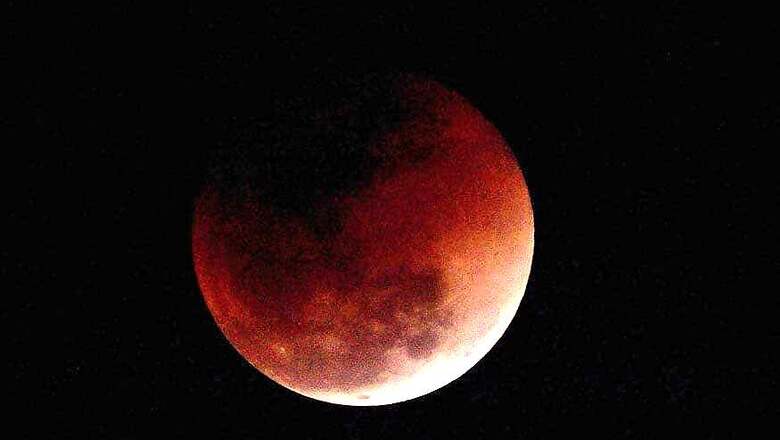
views
The full moon of Ashadha month is observed as Guru Purnima in India in the honor of Maharshi Guru Veda Vyāsa commemorating his birth anniversary. The great sage was the first one to divide the original Veda into a collection of four Vedas of the Hindu religion. Guru Veda Vyāsa is also the author of Hindu Mythological Epic Mahabharata.
A common belief says that the Guru is like the moon and his disciples are like clouds of the Ashadha month. The Guru is always surrounded by his disciples and spreads the wisdom of knowledge just like the moon spreads light even through darkest clouds of this season.
“Guru Brahma, Guru Vishnu, Guru Devo Maheshwarah, Guru Sakshat ParBrahm, Tasmai Shri, Guruve Namah” the mere chanting of this Guru Mantra, where the Guru or Teacher is placed besides the three Lords of the cosmos reveals the importance of Guru in one’s life.
Apart from Hindus, the Buddhists, Jains and Sikhs also observe Guru Purnima. As per Buddhism, on the full moon day of the Ashadha month, Buddha gave his first sermon to five monks known as ‘Dhammacakkappavattana Sutta’. In Jainism, this day is marked as ‘Treenok Guha Purnima’ as on this day Lord Mahavira made his first disciple. The Sikhs observe it as an honor to their Ten Spiritual Gurus.
The rituals that people follow differ in various religions. Some offer prayers while some fast to honor the Gurus.
On this day of Guru Purnima 2018, let’s share our gratitude towards our teachers, mentors and elders too, who’ve guided our lives on the path of truth and prosperity and held our hands when our souls were shattered and would have perished without their encouragement and support.


















Comments
0 comment